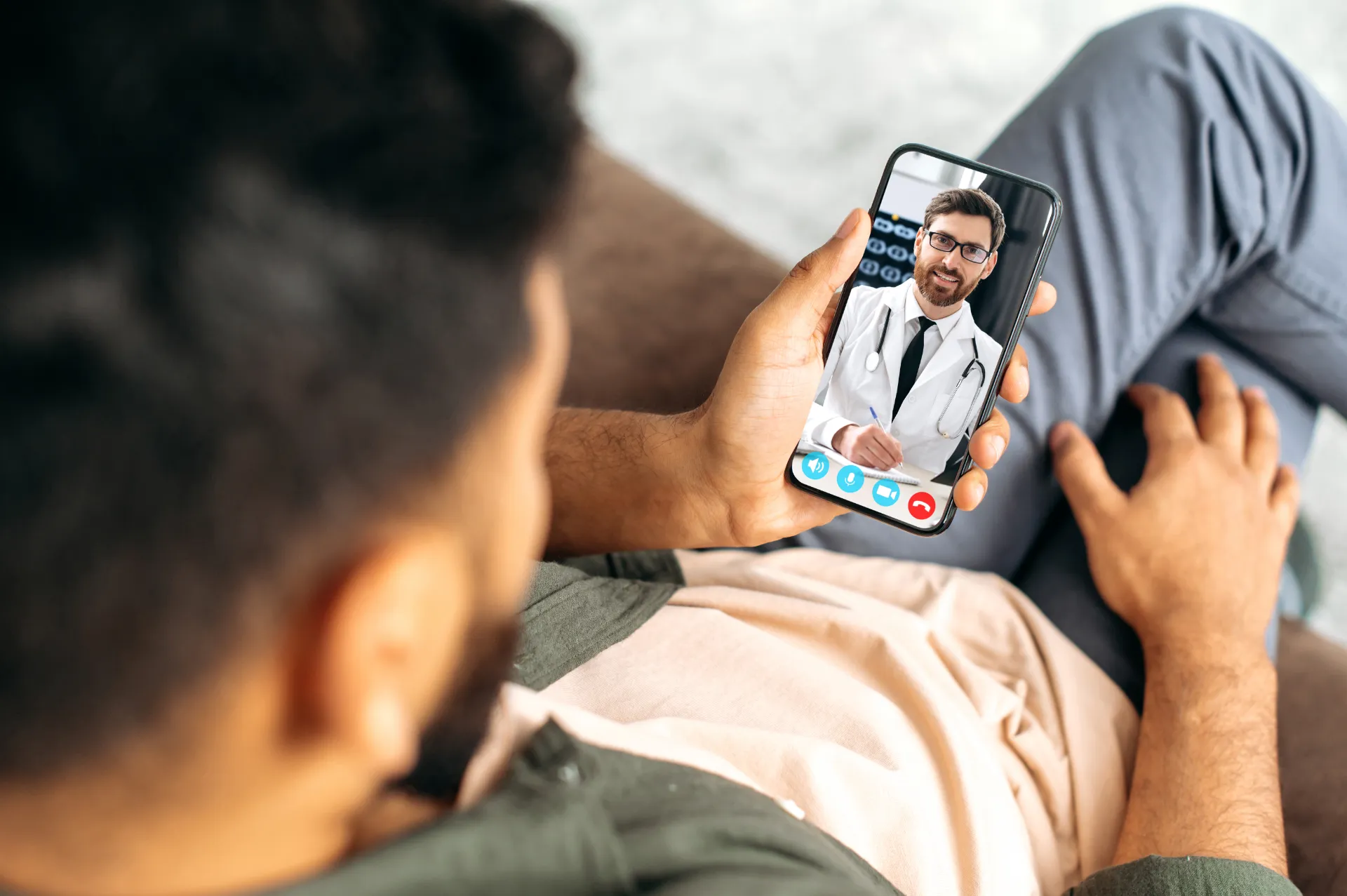As healthcare professionals, doctors, nurses, and other healthcare workers face a myriad of challenges in their work every day, they have to juggle patient care, administrative tasks, medical research, and more. Moreover, the demands on healthcare workers can be overwhelming, as they are on the frontlines of patient care, facing numerous challenges and complexities in their daily work.
The healthcare industry is complex and multifaceted, with healthcare workers required to provide high-quality care to patients while navigating a wide range of challenges. These challenges can range from ensuring patient safety to managing administrative tasks, all while staying up-to-date on the latest medical research.
In recent years, artificial intelligence (AI) has emerged as a tool that can help healthcare workers in many ways. ChatGPT is one such AI-powered language model that can assist healthcare workers. But really, how can ChatGPT change healthcare services that will benefit both healthcare providers and patients? Do we still need the human element behind the innovative breakthroughs being made through AI?

Analyzing Data
Healthcare workers often have to deal with large amounts of data, including patient records, clinical trials, and research papers. ChatGPT can help analyze this data and provide insights that can be used to improve patient outcomes.
For example, ChatGPT can help healthcare workers identify patterns in patient data that can be used to improve treatment plans and outcomes, which a human might miss. It can also help healthcare workers identify gaps in their knowledge or skills, and provide guidance on how to address these gaps.

Answering Common Questions
Healthcare workers often have questions about diseases, treatments, medications, and procedures. ChatGPT can provide accurate and reliable information on a wide range of medical topics, drawing on a vast repository of medical knowledge. By providing answers to their questions, AI can help healthcare workers make more informed decisions and provide better care to their patients.
In addition, ChatGPT can help healthcare workers stay up-to-date with the latest medical research and developments. It can analyze medical publications, clinical trials, and research studies to provide healthcare workers with the latest information on emerging treatments, diagnostic tools, and other medical advancements.

Language Translation
Healthcare workers may need to communicate with patients who speak different languages. ChatGPT can help translate between languages, making it easier for healthcare workers to provide care to a diverse patient population. By breaking down language barriers, ChatGPT can help ensure that all patients receive the care they need.
In addition, an AI language model can help healthcare workers communicate with other healthcare professionals from different countries or regions. This can facilitate collaboration and knowledge-sharing, ultimately leading to better patient care and outcomes.
Educating Patients
Healthcare workers can use ChatGPT to educate their patients about generalized and common medical conditions, treatment options, and other health-related topics. By providing patients with accurate and reliable information, healthcare workers can help them make more informed decisions about their health and well-being.
ChatGPT can also help healthcare workers communicate complex medical concepts in a way that is easy for patients to understand. By breaking down medical jargon and using plain language, ChatGPT can help patients feel more empowered and involved in their care.
Mental Health Support
Healthcare workers are under immense stress, both physically and emotionally, as they deal with the demands of caring for patients during the COVID-19 pandemic. ChatGPT can provide emotional support by offering kind words and encouragement, providing a safe space for healthcare workers to talk about their feelings and concerns, and offering practical advice on managing stress and anxiety.
In addition, ChatGPT can provide guidance on self-care and mindfulness techniques, such as meditation and deep breathing exercises, that can help healthcare workers reduce stress and improve their mental health and well-being.
The Bottom Line
Ultimately, ChatGPT has the potential to be a game-changer for healthcare workers, as it can provide them with a wealth of benefits such as access to accurate medical information, emotional support, patient education, data analysis, and translation services. By utilizing ChatGPT, healthcare workers can provide better patient care, make more informed decisions, improve patient outcomes, increase patient satisfaction, and efficiently use healthcare resources.
Furthermore, as ChatGPT continues to learn and develop, it may become even more advanced in its ability to support healthcare workers. The ongoing advancements in artificial intelligence and natural language processing may unlock new possibilities for ChatGPT to assist healthcare workers in their critical work.




